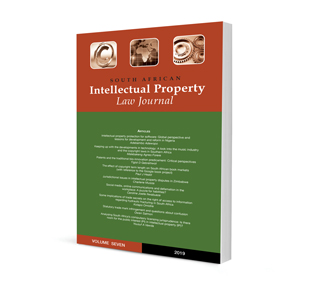
Case Note: Blind SA v Minister of Trade, Industry and Competition and Others [2002] ZACC 33
Author Bongiwe Zungu
ISSN: 2521-2591
Affiliations: Lecturer in Commercial Law, University of Cape Town
Source: South African Intellectual Property Law Journal, 2022, p. 131 – 143
https://doi.org/10.47348/SAIPL/v10/a6
Abstract
Materials under copyright, such as books and other literary works, are essential for human development and well-being. Accessing the information contained in these materials is relatively straightforward for sighted individuals, but for persons with print and visual disabilities, access is a challenge and often costly. The barrier to accessing information threatens various constitutional rights of persons with print and visual disabilities. The threatened rights include the right of access to information, the right to education, the right to equality and the right to human dignity. South Africa has been undergoing a process of copyright reform for over 15 years to remedy the violation of these rights. However, pending the finalisation of this process, the threat to these rights persists, and the matter thus warranted the intervention of the apex court in Blind SA v Minister of Trade, Industry and Competition and Others [2002] ZACC 33. This note first considers the regulation of copyright in South Africa to provide context. The note then analyses the Constitutional Court’s decision and considers the decision of the court a quo to provide some background on the matter. The note ends with an analysis of the implications of the judgment for persons with print and visual disabilities and a discussion of issues that the court did not consider.